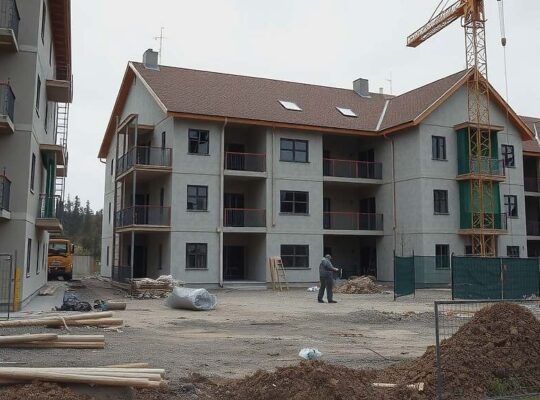German States Push for Flexibility on Combustion Engine Ban
A growing rift within Germany’s governing coalition is now manifesting as a coordinated challenge to the EU’s planned combustion engine ban, with the leaders of Bavaria and Lower Saxony advocating for significantly more flexibility in the transition to electric vehicles.. Markus Söder (CSU) and Olaf Lies (SPD), representing two states with substantial automotive industries, are publicly urging a re-evaluation of the stringent 2035 deadline.
In a joint opinion piece published in the Handelsblatt, the state premiers argued that the current mandate for 100% electric vehicle sales by 2035 is “no longer realistic”. This stance marks a significant escalation in the ongoing dispute between the Social Democrats (SPD) and the Christian Union (CDU/CSU) regarding the future of internal combustion engines within Europe.
The core of their argument centers on the need for a “realistic pathway” towards emissions reductions, moving away from what they describe as “unrealistic cut-off points” that could trigger expensive penalties for European manufacturers. They contend that the current system fails to adequately account for the current sluggish sales of electric vehicles and the ongoing deficiencies in Europe’s charging infrastructure.
Söder and Lies propose a gradual reduction of CO2 fleet limits instead of the abrupt end-date, allowing for a more manageable and economically sustainable transition. Their plan explicitly includes the continued allowance of plug-in hybrids and range-extender vehicles beyond 2035, recognizing their potential to bridge the gap until electric alternatives become fully viable. They also suggest allowing a higher blend of climate-neutral fuels to serve as a temporary solution, particularly for existing vehicle fleets.
Beyond tailpipe emissions, the premiers are also calling for a broader scope within EU regulation, advocating that manufacturers who actively decarbonize their entire value chain – through measures like utilizing renewable energy, green steel, recycling and battery cell production – should be rewarded. This represents a shift towards a more comprehensive assessment of environmental responsibility, rather than solely focusing on exhaust emissions.
The move is likely to ignite a heated debate within the EU, potentially forcing a reconsideration of the 2035 deadline and highlighting the growing pressure to balance ambitious climate goals with the economic realities facing the European automotive sector. The coordinated push from two powerful state leaders underscores a growing consensus that the current approach is unsustainable and demands a more pragmatic and adaptable strategy. The coming Auto Summit promises to be a crucial moment in shaping the future of mobility in Europe.












